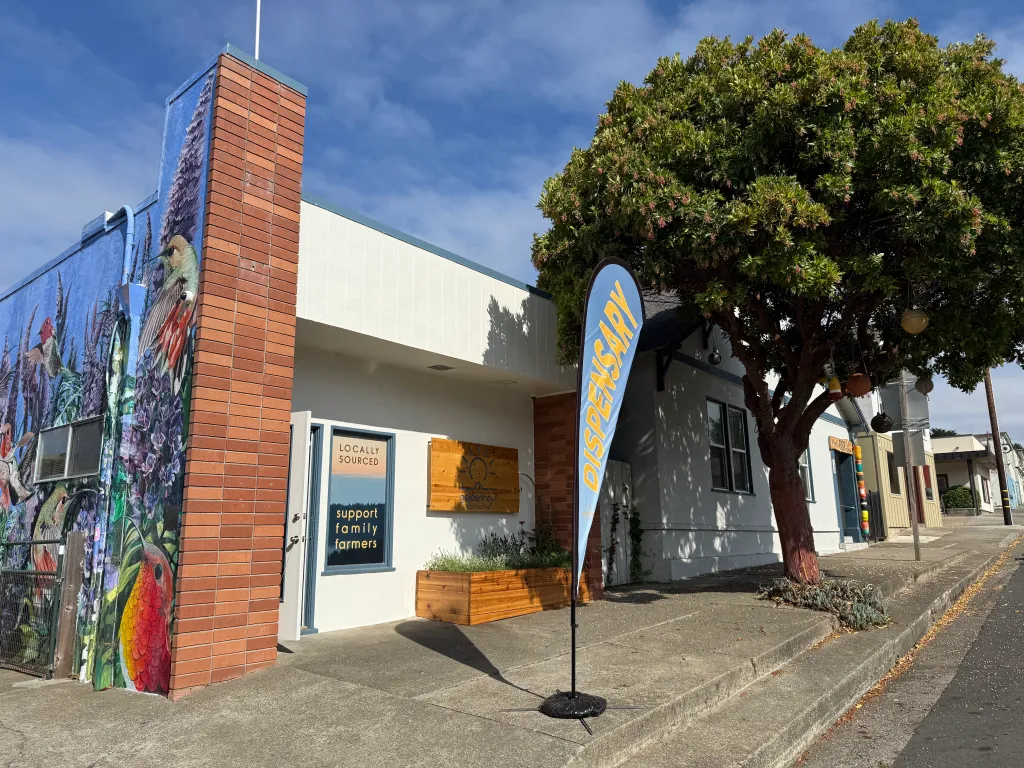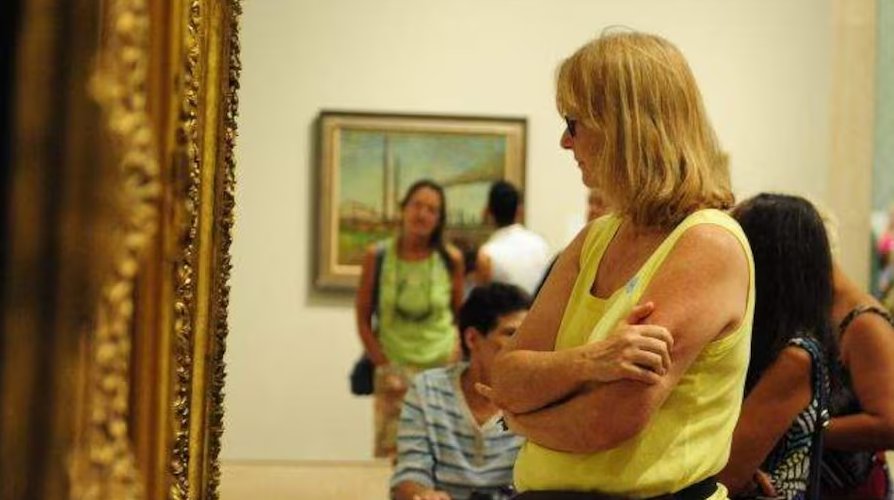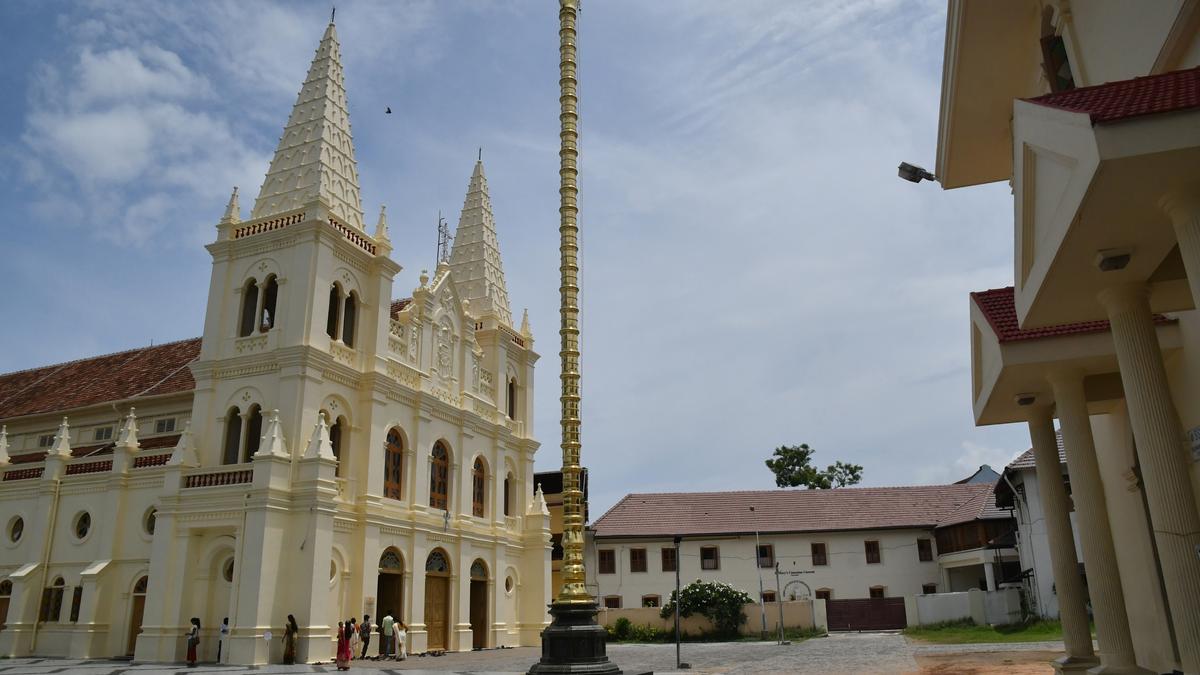
With the cannabis industry struggling statewide, Goldenhour Collective, a small chain of craft cannabis dispensaries in Northern California, seems to be bucking the trend.
The Weed, CA based company recently opened a second location in the small town of Point Arena on the Mendocino Coast under the direction of CEO David Spradlin.
“Money doesn’t get me out of bed in the morning,” Spradlin told The Press Democrat. “I like to build culture, to build things, and the money, fortunately, comes as a byproduct of that.”
And the money is coming. While statewide cannabis sales decreased by over 12% last year and first quarter taxable sales hit a five-year low in 2025, Goldenhour’s Weed location is on track to reach $1.5 million in sales this year. That is up from $230,000 in 2023.
It helps that the company’s CEO is an industry veteran.
Spradlin first entered the cannabis market in 2009, running the Magnolia Wellness Medical Dispensary in Sacramento. In 2017, he raised $37 million to start up his own cannabis retailer, alongside his uncle. That company, Perfect Union, brought in around $100 million in revenue at its peak, according to Spradlin.
Things turned sour as pressure to merge with other companies and cut costs kept him from focusing on developing and growing their individual locations. Eventually, Spradlin says the company was “burning capital” and he stepped down as CEO in 2021 over differences with the company’s board.
Spradlin was committed to leaving the cannabis industry altogether, but he ended up taking over the store in Weed from Perfect Union in April 2024 when its owners wanted to offload the store as part of an internal restructuring.
Goldenhour’s newest location in Point Arena sits on the Southern end of California’s Emerald Triangle, the nation’s largest cannabis-producing region spanning Humboldt, Mendocino, and Trinity Counties. The Triangle steadily became home to thousands of small growers under Proposition 215, which created a strong medical marijuana market. Since the legalization of cannabis for adult use in 2016, the region has been especially hard hit by a downturn in sales and by competition from large-scale growers.
In addition, a recent July increase in the excise tax from 15% to 19%, on top of other local and sales taxes applied at purchase, has tightened already difficult profit margins. Industry observers note that unlike other states that have relatively young legalized marijuana markets, Californians have long-held pricing expectations from the era before adult use legalization and access to unregulated distributors.
“What the cannabis excise tax is doing is driving consumers back to the Black Market,” said Leigh Anne Baker, CEO of the local Jane’s Dispensary and board member of the Sonoma County Cannabis Alliance, in an email to The Press Democrat. “When people see the taxes on their receipts at 30%, they are rightfully shocked. We try to explain that it is not us — the retailers — that are imposing that tax but the multiple layers of tax lines that get passed through us. It is a hard message to repeatedly convey, and the burden lies heavily on my staff.”
For his part, Spradlin is committed to only selling craft cannabis, working with farmers and small distributors to stock his stores.
“If I have an option for someone to buy something else, I’m not truly supporting the craft side,” Spradlin said.
In Point Arena, Spradlin says he’s received warm welcomes from the small town of 400 since opening on Fourth of July weekend. They are getting ready to launch a delivery service to cover a region as far east as Booneville, north to Fort Bragg and south down to Fort Ross. Goldenhour is also finalizing plans to open its third storefront in Ukiah early next year; it is eyeing Sonoma and Lake Counties for potential future expansion.
But Spradlin is also realistic about the uncertainties in the market. His tempered optimism for cannabis’ future is even reflected in the company’s name: Goldenhour.
“It’s gonna be the bright light of a new day or it’s gonna be the last beautiful light before the sun sets on craft cannabis,” Spradlin said. “I don’t think it’s going to happen, but that’s why we came up with the name, because we’re going to live and die with these craft farmers.”



